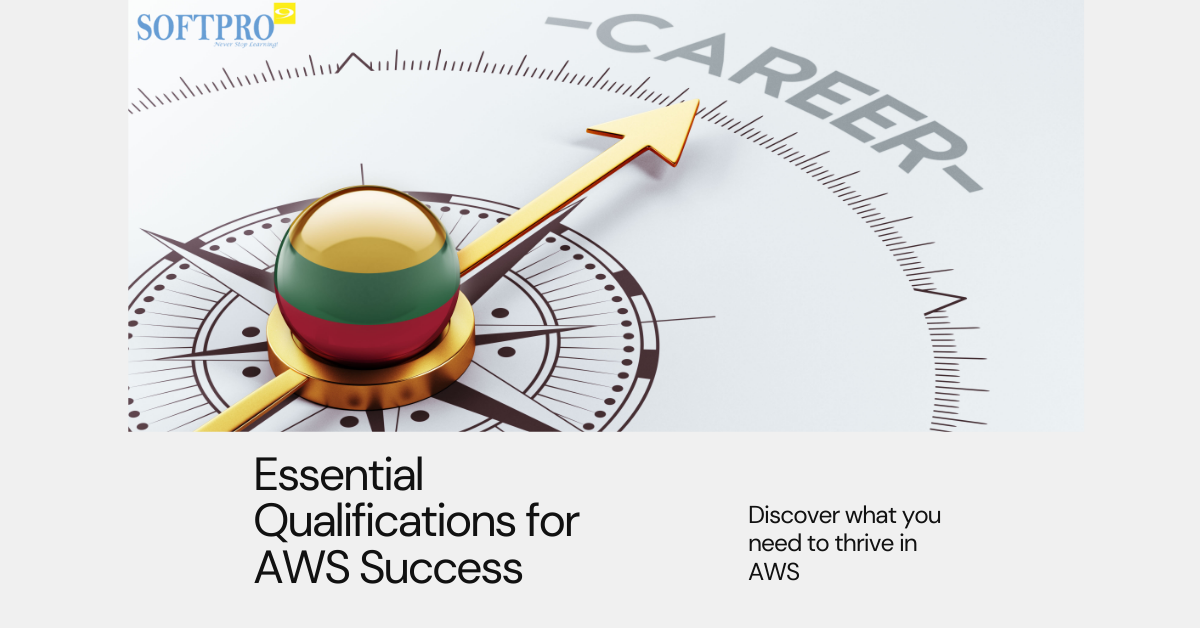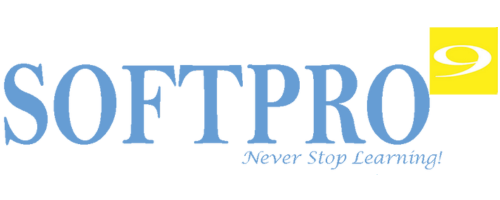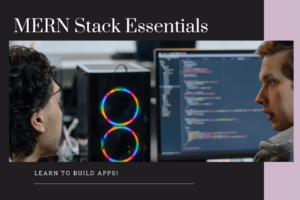
What Qualifications Do I Need To Work In DevOps?
#1 Myinstitutes.com is one of the Best Educational Portal and Training Institutes in MYSORE, MANGALORE, and BANGALORE.
In the fast-evolving tech landscape, DevOps has emerged as a crucial practice, bringing development and operations teams together to streamline software delivery, enhance product quality, and increase deployment speed. For many aspiring professionals, a career in DevOps offers exciting challenges, great growth potential, and a pivotal role in modern IT environments. But what exactly do you need to get started in DevOps? Here, we’ll explore the essential qualifications, skills, and certifications that can help you break into this dynamic field.
Understanding the DevOps Role
Before jumping into the qualifications, it’s important to grasp the fundamental goals of DevOps and the responsibilities of a DevOps engineer. DevOps (a fusion of “development” and “operations”) is a set of practices aimed at unifying these traditionally separate teams to improve collaboration and efficiency. A DevOps engineer’s role can include automating processes, managing cloud infrastructure, implementing CI/CD (Continuous Integration and Continuous Deployment) pipelines, and ensuring that applications are robust and scalable.
1. Technical Skills: Building a Strong Foundation
To succeed in DevOps, you’ll need a blend of skills across several areas, ranging from software development to system administration. Here are some essential technical skills for DevOps:
- Programming and Scripting: Writing code is integral to automating tasks in DevOps. While language requirements can vary, Python, Ruby, Java, and Go are popular choices. In addition, scripting skills in Bash, PowerShell, or Shell are crucial for automating repetitive tasks in UNIX-based systems.
- System Administration and OS Expertise: Familiarity with operating systems—especially Linux and Unix—is indispensable. Many DevOps tools and platforms are optimized for these systems, so a strong command of shell commands, system monitoring, and OS-level troubleshooting is invaluable.
- Networking and Security Knowledge: Understanding network protocols (like TCP/IP, HTTP, DNS) and security basics is essential. Since DevOps deals with infrastructure and environments, familiarity with firewall settings, security groups, and secure access protocols is necessary to keep systems safe.
- Cloud Computing and Virtualization: Cloud services are at the core of DevOps, so expertise in platforms like AWS, Microsoft Azure, and Google Cloud is vital. Skills in containerization (using Docker) and orchestration (Kubernetes) are also highly sought after, as they enable scalable and efficient resource management.
- CI/CD Pipeline Management: DevOps engineers need to streamline code integration, testing, and deployment processes. Familiarity with CI/CD tools like Jenkins, GitLab CI/CD, CircleCI, and Bamboo is crucial for automating and optimizing the development pipeline.
2. Educational Background: Is a Degree Necessary?
While a degree in Computer Science, IT, or a related field is helpful, it’s not always a strict requirement. Many DevOps professionals come from diverse educational backgrounds, including self-taught developers, network administrators, and individuals who pivoted from other IT roles. A degree can provide foundational knowledge in programming, algorithms, and systems, but hands-on experience and relevant skills often weigh more heavily.
3. Industry Certifications: Validating Your Skills
Certifications can add substantial value to your resume, showcasing your dedication and expertise in specific areas. Here are some of the most respected DevOps certifications:
- AWS Certified DevOps Engineer – Professional: This certification covers advanced skills in deploying, managing, and operating AWS-based systems, emphasizing automation and security.
- Microsoft Certified: DevOps Engineer Expert: Focused on Microsoft products, this certification demonstrates a solid command of Azure DevOps tools and cloud practices.
- Docker Certified Associate (DCA): This certification is ideal for showcasing proficiency in Docker, which is widely used for containerization in DevOps.
- Certified Kubernetes Administrator (CKA): Kubernetes is essential for container orchestration, and a CKA certification signals proficiency in managing Kubernetes clusters, deployments, and configurations.
4. Hands-On Experience: Learning by Doing
While technical skills and certifications are important, real-world experience is often the best teacher in DevOps. Employers value candidates with hands-on experience, as it demonstrates practical problem-solving and familiarity with common DevOps challenges. You can gain experience through:
- Internships: Look for internships that provide exposure to DevOps tools and processes.
- Personal or Open Source Projects: Building your own CI/CD pipelines, managing cloud infrastructure, or contributing to open-source projects can help you practice and showcase your skills.
- Freelance or Contract Work: Short-term projects in DevOps or cloud engineering can offer valuable learning opportunities and help you build a portfolio.
5. Soft Skills: Collaboration, Communication, and Problem Solving
DevOps isn’t just about tech skills—it’s a collaborative, cross-functional field that requires strong interpersonal abilities. DevOps engineers must work closely with developers, QA testers, IT staff, and sometimes even non-technical teams. Essential soft skills include:
- Effective Communication: Clear communication helps align teams and ensures that processes run smoothly.
- Problem-Solving Mindset: DevOps work involves troubleshooting issues that arise in various parts of the deployment pipeline, so strong analytical and problem-solving skills are essential.
- Adaptability and Continuous Learning: The DevOps landscape is continually evolving, with new tools and technologies emerging regularly. A mindset geared toward learning and adaptation is crucial for staying current.
6. Learning Resources: How to Get Started
Many online platforms offer courses and tutorials to help you get started in DevOps. Platforms like Udemy, Coursera, and LinkedIn Learning provide beginner-friendly courses, and sites like GitHub offer access to real-world code bases and projects. For hands-on practice, platforms like AWS Free Tier, Google Cloud Free Tier, and Docker Playground let you work with cloud and container technologies for free.
Final Thoughts: Your Path to a DevOps Career
Entering the DevOps field requires a mix of technical knowledge, practical experience, and a collaborative mindset. Start by building foundational skills, pursue relevant certifications, and look for opportunities to gain hands-on experience. With dedication and a proactive approach to learning, you can build the qualifications necessary for a successful and rewarding career in DevOps.



